Joining FTAs opens up great opportunities, but the banking industry needs to train FTA experts to support Vietnamese businesses in effectively utilizing these agreements.
Participating in Free Trade Agreements (FTAs) such as CPTPP, EVFTA, UKVFTA will open up great opportunities for Vietnam in enhancing economic cooperation and removing tariff barriers, facilitating trade between countries. However, besides these opportunities, FTAs also bring many challenges, especially in the financial sector. Competition with international financial institutions, increasing foreign ownership ratio in Vietnamese financial institutions and the need to improve the quality of financial human resources are important issues that need to be addressed.
To promote financial integration in the context of new-generation FTAs, Vietnam needs to build a workforce with solid knowledge of FTAs, closely coordinating between management agencies, localities and businesses in training FTA experts in the financial sector. At the same time, it is necessary to have preferential policies to attract high-quality human resources to work, in order to increase the competitiveness of Vietnamese financial institutions against international financial institutions in the integration process.
Cong Thuong Newspaper had a discussion with Dr. Nguyen Quoc Hung - General Secretary of Vietnam Banking Association - about the role of training human resources to understand FTA for banks in supporting businesses to take advantage of FTA.
 |
| Dr. Nguyen Quoc Hung - General Secretary of Vietnam Banks Association |
In recent times, the banking industry has accompanied Vietnamese enterprises with many attractive programs. Regarding support for enterprises taking advantage of FTAs, can you tell us what specific programs the banking industry has? Currently, the total outstanding credit balance for enterprises exporting or taking advantage of FTAs accounts for approximately what percentage of the total outstanding debt of the banking industry, sir?
The import-export sector is considered one of the top priorities of the economy. In particular, this sector has received many preferential policies, typically interest rate support and other mechanisms and policies. However, despite many support solutions, credit for the import-export sector has not yet met expectations, especially for enterprises in the FTA bloc.
According to statistics, outstanding credit for import-export enterprises in the FTA bloc only reached about 300,000 billion VND, accounting for a very low proportion, about 2.05 - 2.1% compared to the total outstanding credit of the whole economy. This is a very limited level, not meeting the development needs and expectations of export enterprises, especially when they play an important role in promoting economic growth and attracting foreign currency.
The banking sector has implemented many solutions to support export enterprises, such as credit-based loans, commodity guarantees or letters of credit (ELC), instead of requiring collateral. These policies aim to create maximum conditions for enterprises to access capital, especially reputable export enterprises. However, the actual effectiveness is still limited due to many reasons, both from the banks and enterprises.
This requires stronger and more synchronous solutions to promote credit for the import-export sector, contributing to increasing export turnover and improving the country's trade balance.
How do you evaluate the access to capital and credit of small and medium enterprises in taking advantage of FTAs?
It can be said that capital plays a very important role in production and business activities. For businesses, especially small and medium enterprises as well as export enterprises, access to capital for development is one of the top priorities. Therefore, the banking industry has implemented many preferential policies to support businesses, including low-interest lending mechanisms and other support programs. For example, import-export enterprises can now access capital with an interest rate of only about 3.7%, a very attractive rate. However, despite such preferential policies, many businesses still have difficulty accessing credit.
The question is, despite such low interest rates, why can’t businesses access capital? Part of the reason lies in the requirement for collateral and the reputation of the business, especially for import-export businesses. However, for export businesses, they can mortgage export contracts or goods documents, which will help them access capital more easily if they cooperate with reputable banks. However, many businesses still cannot borrow capital, even though opportunities are available.
A key issue to address is the lack of understanding and information about opportunities from free trade agreements (FTAs) and international markets. Enterprises do not have enough understanding of the requirements of export markets, such as product quality, competitive prices and tax regulations, making them unable to meet the requirements of banks for loans. In addition, the lack of information about target markets also reduces the competitiveness of enterprises.
Although the banking sector has made efforts to reduce interest rates and support businesses, the growth rate of outstanding credit for small and medium enterprises is still very slow, almost no growth, even slightly decreasing compared to the previous year. This shows that although banks are willing to lend at low interest rates, access to capital is still difficult.
Therefore, to promote growth for businesses, especially import-export businesses, not only the banking sector but also relevant ministries and sectors need to coordinate more closely, and at the same time support businesses in accessing opportunities from FTAs. In particular, it is necessary to strengthen propaganda and training so that businesses can better understand the mechanisms and policies, thereby taking advantage of export opportunities more effectively. The Government also needs to consider reorganizing the departments supporting small and medium enterprises, such as guarantee funds, to help small businesses make the most of opportunities from FTAs, contributing to promoting economic development in the coming time.
In your opinion, what is the main reason behind the problem of Vietnamese enterprises accessing capital and credit in taking advantage of Vietnam's FTAs?
First, we must agree that if we want to do business in any product, we must understand that product clearly. For example, if you work as an accountant at a bank, you must understand your customers and the products they sell, so that you can monitor and lend properly. This is not a new problem, but has existed for a long time. I believe that banks today have changed dramatically, especially in digital transformation. The banking industry in many countries around the world has developed strongly, especially in the application of technology.
Digital transformation in banking today has brought a very convenient experience to people, and at the same time helps manage and identify customers' consumption needs, thereby serving them better. However, an important issue is training, both for bank staff and businesses. Bank staff not only need in-depth training in credit, but also need to understand FTAs and international regulations to be able to support businesses.
Along with training bank staff, understanding FTA agreements is essential, because each agreement has different regulations. This requires bank staff to have a firm grasp of the regulations, in order to be able to support customers accurately. Otherwise, it will be difficult to solve problems, especially in import-export transactions.
Another important issue is the prevention of money laundering in banks, which is currently receiving a lot of attention. Banks have implemented very systematic measures to prevent money laundering and trained staff very seriously to meet this requirement.
I really hope that there will be close cooperation between agencies to organize training for bank staff, thereby helping businesses access capital and develop more conveniently. Training staff, especially in understanding and sharing FTA regulations, is very important to create favorable conditions for businesses. I hope that there will be stronger coordination between the parties, thereby creating a better business environment for businesses and banks.
How do you assess the importance of training human resources for the banking industry, especially in-depth knowledge and content related to FTAs? In your opinion, how does this support banks in strengthening connections and improving the effectiveness of supporting small and medium enterprises in accessing credit sources to take advantage of FTAs?
Training is an important task for all sectors, especially in the economy and banking sector. For sustainable development, no organization can lack training. In the banking sector, staff training is mandatory and cannot be ignored. Training contents need to focus on both ethics and expertise. Regarding ethics, the Banking Association has issued a set of ethical standards, which are transformed into corporate culture. Banks must develop their own set of ethical standards for their organizations. In addition, bank staff also need to be professionally trained right from the time of recruitment. They must learn and practice, from accounting to credit, to meet job requirements.
Training is not only necessary to improve skills but also to develop the career of each individual and the bank. However, this process is not simple, because not all staff are suitable for the job from the beginning. Banks must carefully select and continuously improve the quality of the team.
In addition, special training is needed on how and how to deal with debt. Banks in Europe have clear ways of dealing with bad debt, but in Vietnam, bank staff face pressure when dealing with bad debt, sometimes leading to job loss and difficulties in resolving assets.
In-company training is equally important. Businesses need guidance and training to seize export opportunities, meet international standards and improve production capacity. The Government and the Ministry of Industry and Trade need to have specific support policies, especially for small and medium-sized enterprises, so that they can make the most of free trade agreements.
Improving the capacity of bank staff and supporting business development is necessary. However, banks need to focus on training and developing their staff, and also need timely support from the Government so that businesses can develop strongly and sustainably.
Thank you!
Source: https://congthuong.vn/vi-sao-doanh-nghiep-viet-van-khat-von-trong-qua-trinh-thuc-thi-tan-dung-fta-362346.html









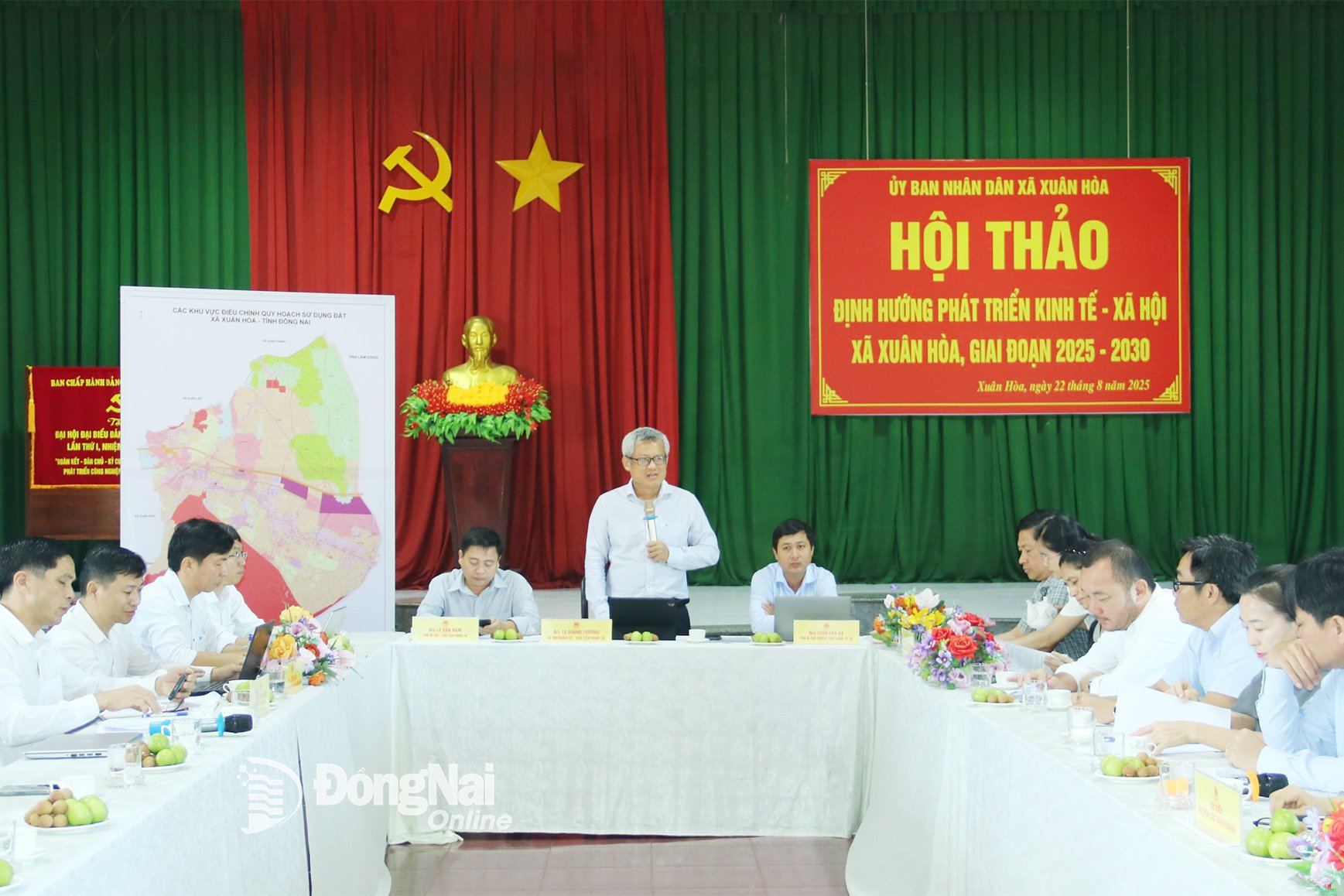
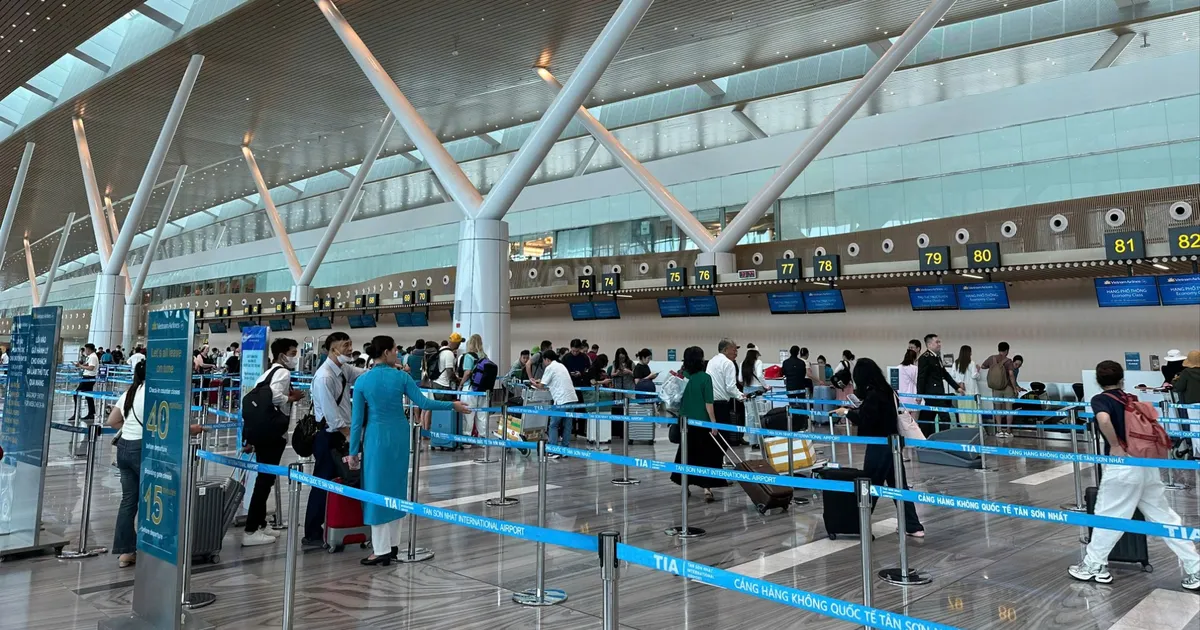
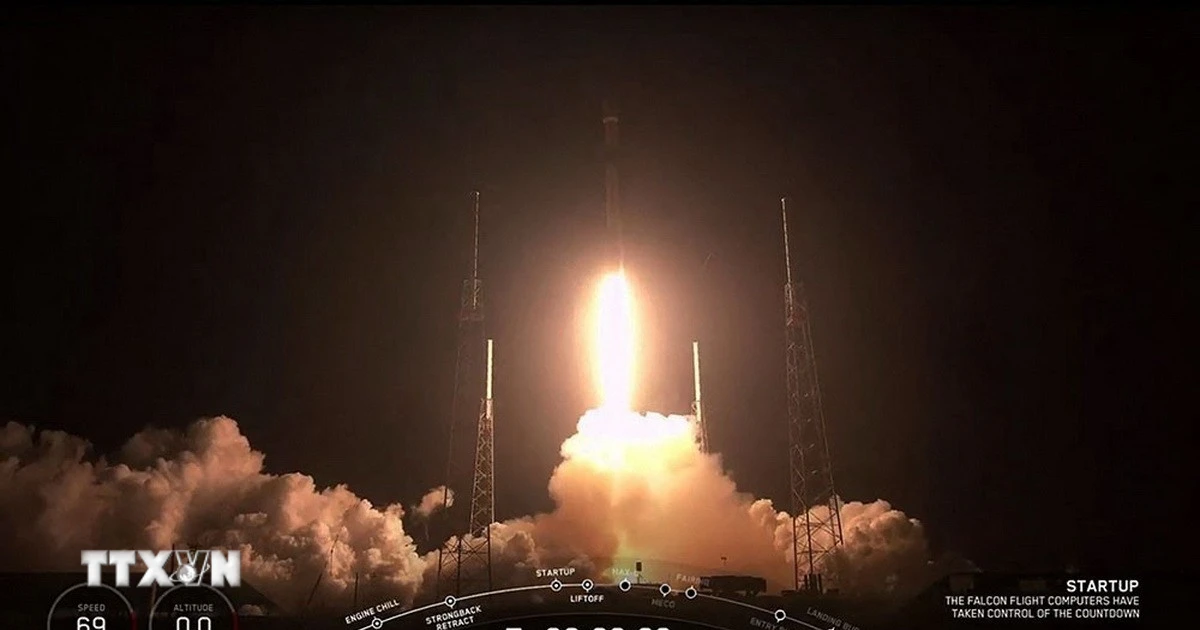



















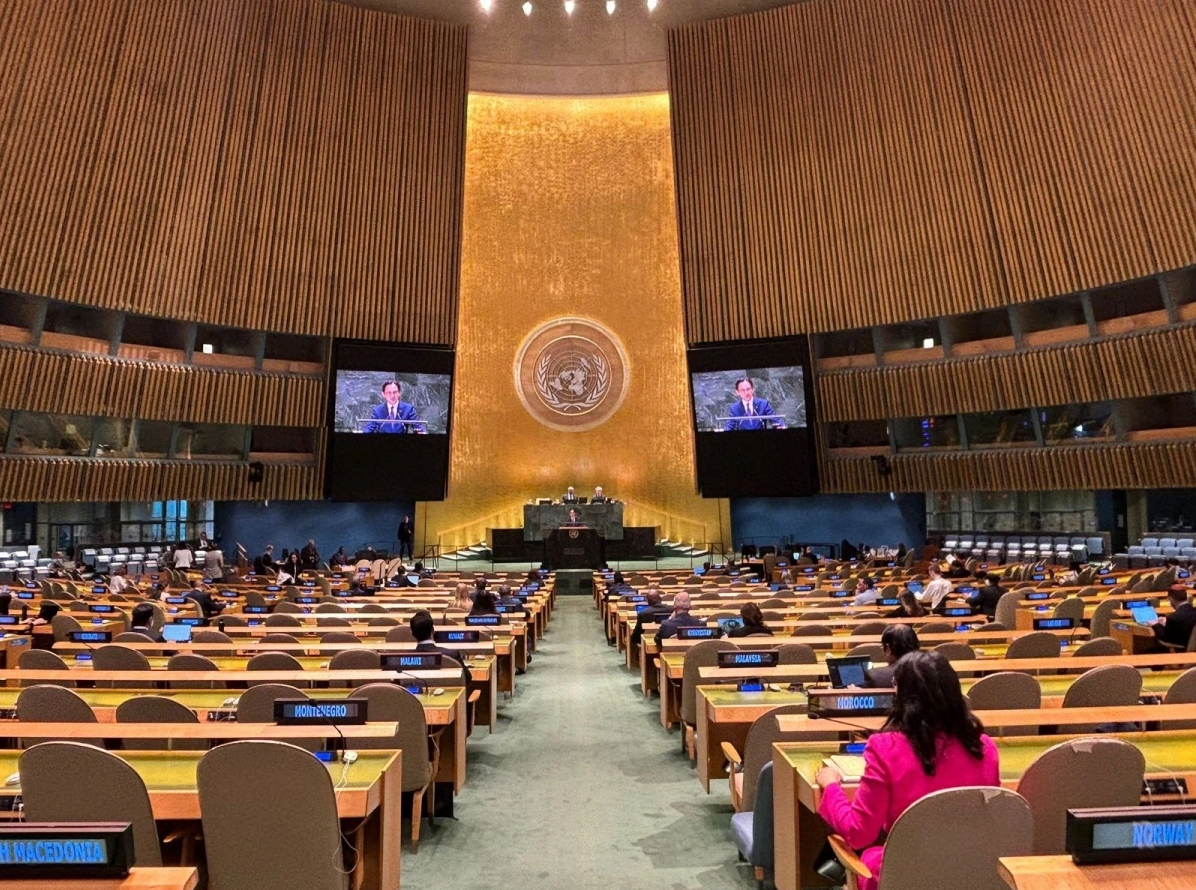































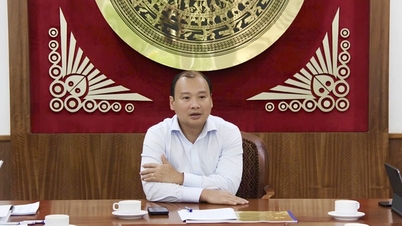





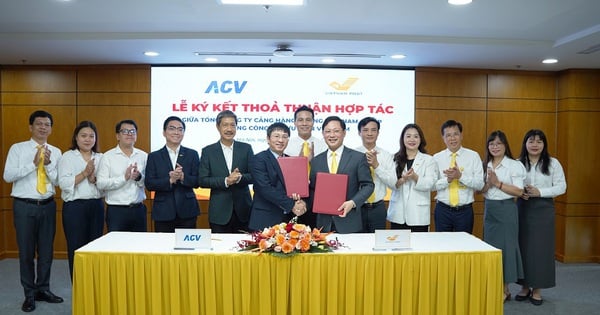




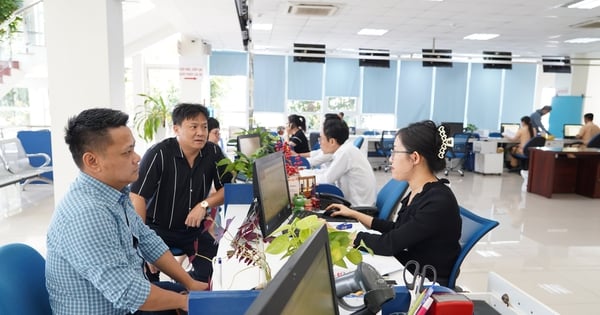















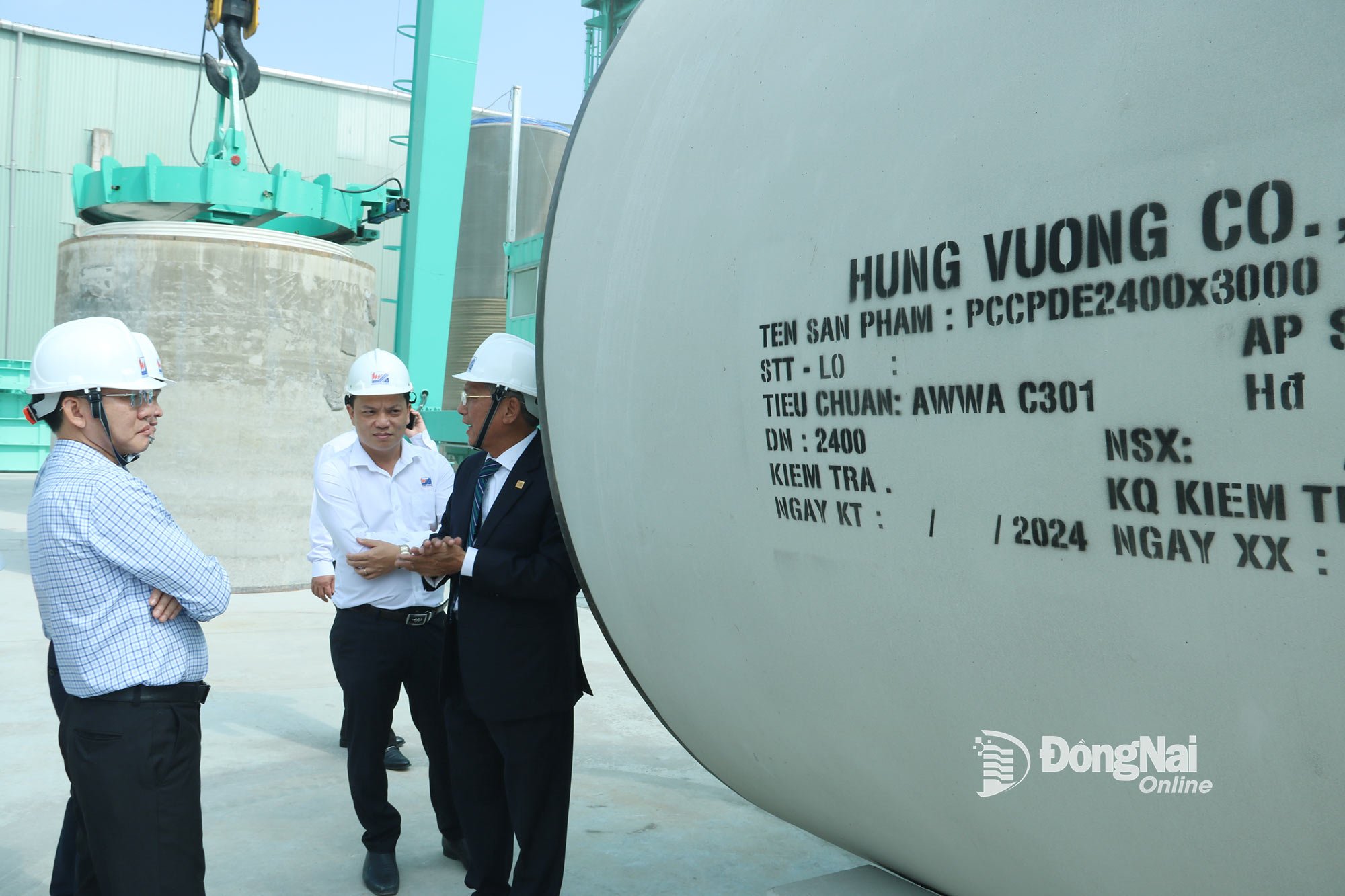






Comment (0)